Keywords: John Warhurst Is Professor Of Political Science At The Australian National University And A Canberra
-

AUSTRALIA
- John Warhurst
- 20 May 2020
8 Comments
Politics in the best sense is returning to normal. To do so it first needs the federal parliament, which should not have been filleted in the first place, to be fully functioning. More will then follow.
READ MORE 
-
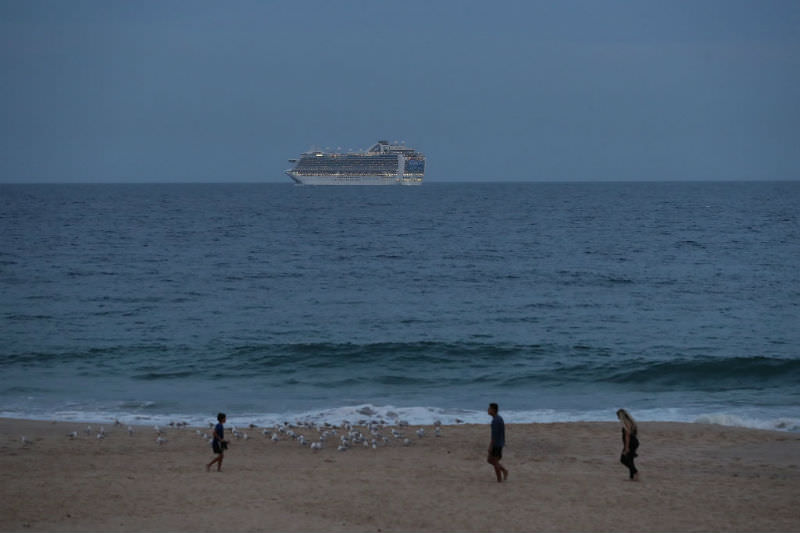
AUSTRALIA
- John Warhurst
- 28 April 2020
13 Comments
We have done a lot right as a nation during the pandemic, but on the whole we have not treated foreigners as well as we might have. The inequality of treatment has been in evidence during the twin health and economic crises brought on by COVID-19.
READ MORE 
-

RELIGION
- John Warhurst
- 25 February 2020
7 Comments
Approaches to governance are in flux within church agencies, sectors, dioceses and at the national level, either driven by the demands of state regulations or in response to the challenging new situation the church finds itself in. There is so much change going on that it is difficult to follow.
READ MORE 
-
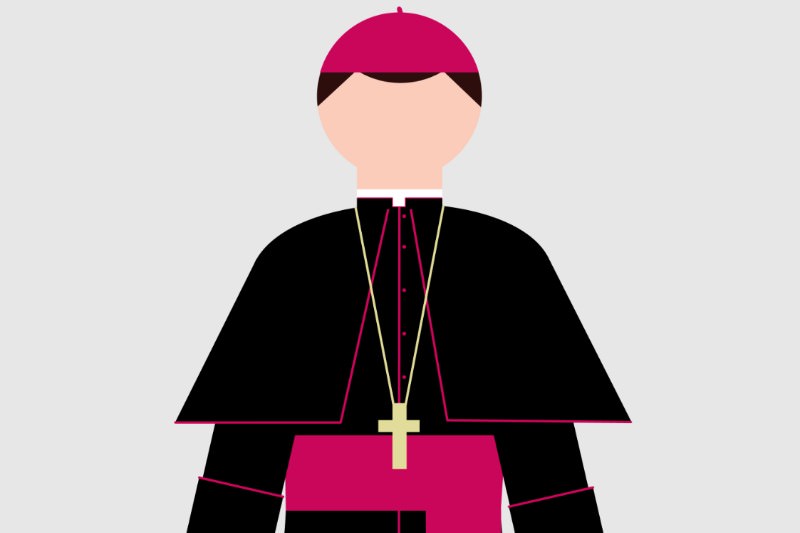
RELIGION
- John Warhurst
- 28 January 2020
57 Comments
Australia's bishops have yet to demonstrate the new openness to the Catholic community necessary for a successful Plenary Council. Their inclination to secrecy remains an impediment. They just don't get transparency as a virtue and they have twice demonstrated their adherence to old ways of doing things in recent months.
READ MORE 
-

RELIGION
- John Warhurst
- 11 December 2019
52 Comments
What's going on within the Catholic Church always matters more widely given its size and power. Lay participation in leadership, especially of women, is a major social issue. Observers of social trends should watch this space for its wider public policy implications.
READ MORE 
-

RELIGION
- John Warhurst
- 14 October 2019
8 Comments
The royal commission concluded that child safety, in all its organisational ramifications, raised questions of culture and governance for the church. If the Plenary Council 2020 doesn't take such issues seriously then it will be one indicator that the momentum around last year's official national apology has slowed.
READ MORE 
-
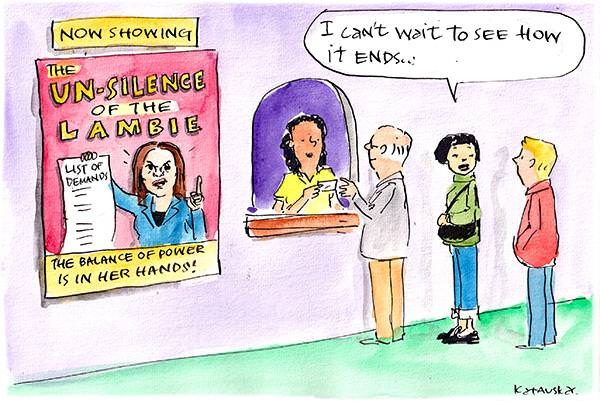
AUSTRALIA
- John Warhurst
- 17 September 2019
8 Comments
Serendipity is defined as the gift of finding valuable things in unexpected places by sheer luck. It is a good description of Tasmanian Senator Jacqui Lambie in Australian politics. But there is a sting in the tail. A system which depends on serendipity potentially also has a big downside.
READ MORE 
-
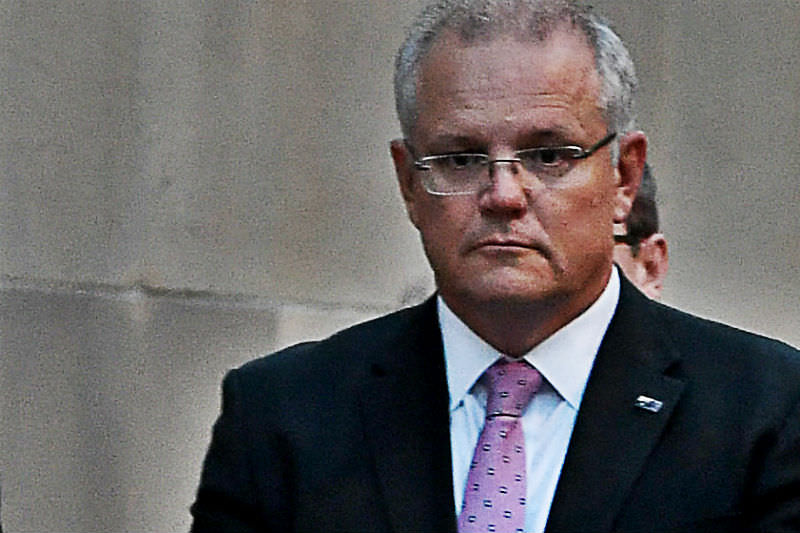
AUSTRALIA
- John Warhurst
- 26 August 2019
14 Comments
Regional and rural Australians possess many powerful voices. As well as having a political party of their own, the Nationals, they are represented by many powerful lobby groups. Language which seeks to privilege quiet over loud citizens has the effect of advantaging the strong over the weak and insiders over outsiders in our political life.
READ MORE 
-

RELIGION
- John Warhurst
- 24 July 2019
80 Comments
Whatever the legitimate logistical and financial challenges, the Australian church leadership should move heaven and earth to put on an event in which delegates and observers, bishops, religious and laity, traditionalists and reformers are free to mingle and interact in the best spirit of collegiality and joint discernment about the future.
READ MORE 
-

AUSTRALIA
- John Warhurst
- 25 June 2019
14 Comments
We are expected to believe that all those perceived Labor failures, plus the massive anti-Labor Clive Palmer campaign and the attraction of some positive Coalition policies, only shifted a little over one Australian in every hundred, though more in some states like Queensland and some individual seats. That analysis can't be right.
READ MORE 
-
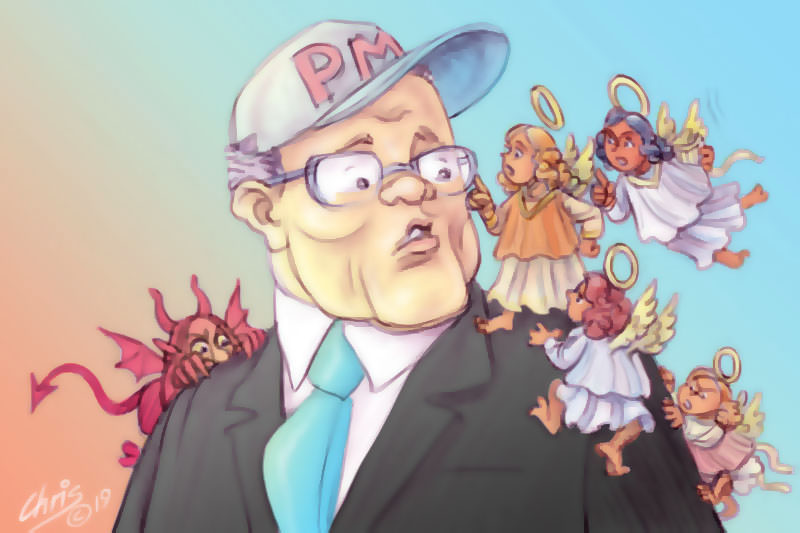
RELIGION
- John Warhurst
- 31 May 2019
14 Comments
The church has something in common with both sides of politics because the Catholic community has a split political personality. Its range of concerns is so broad that they are addressed in various ways by different political parties. It wants to make an impact on government, but it is always highly unlikely that it can have it all.
READ MORE 
-

RELIGION
- John Warhurst
- 02 May 2019
26 Comments
Those holding church authority should show the Catholic community that they have learnt the lessons offered by the royal commission by undertaking reforms as soon as possible and by telling us all about them in a spirit of transparency.
READ MORE 